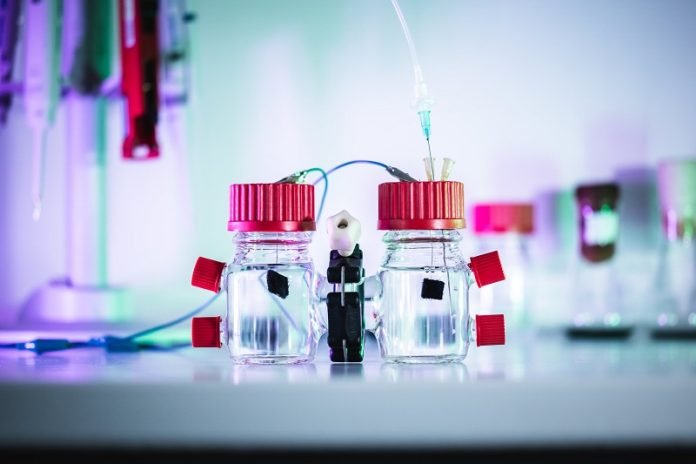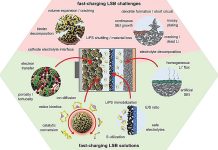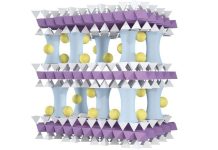
Imagine turning waste water into electricity! Sounds like science fiction, right?
But scientists from EPFL (a fancy science school in Switzerland) have done just that.
They used a well-known bacteria, called E. coli, and tweaked it to make it into a tiny electricity generator.
What Did They Do?
Usually, E. coli is known as the bacteria that can sometimes make us sick. But it’s also a favorite for scientific studies.
Scientists at EPFL have changed its DNA to make it super good at making electricity.
They took special parts from another bacteria, known for creating electricity, and put them into E. coli. The result was amazing—these new E. coli could make three times more electricity than older methods!
How Does It Work?
When we say “making electricity,” we mean a process called extracellular electron transfer, or EET for short.
In simple terms, as the bacteria eat waste, they send out tiny particles called electrons.
These electrons create an electrical current, which can be turned into electricity. This is a clean and green way to both treat waste and generate power.
Why Is It Special?
What’s really cool is that these modified E. coli can work almost anywhere. Some other electricity-making bacteria need special chemicals to do their job.
But this E. coli doesn’t! It’s like a superhero bacteria that can turn many types of waste into electricity.
For example, scientists tested these new E. coli in waste water from a beer factory. The bacteria were very happy and made a lot of electricity, while other types didn’t even survive. This means we could use them in lots of different places to treat waste and make power at the same time.
Beyond cleaning up waste, this new E. coli could be used for other cool stuff. They can be part of “microbial fuel cells,” which are like tiny power stations.
They could also help make chemicals or even help in sensing things like pollution. The best part is that we can change their DNA to make them work better for specific tasks.
The scientists are super excited about what comes next. They think that these bacteria could really change how we treat waste and make electricity in the future. As we look for greener options, this discovery could be a game-changer.
So, the next time you think about waste or bacteria, remember: they’re not always bad. In fact, they could be our future mini power plants!
The paper was published in the journal Joule.
Follow us on Twitter for more articles about this topic.
Source: Ecole Polytechnique Federale de Lausanne.



